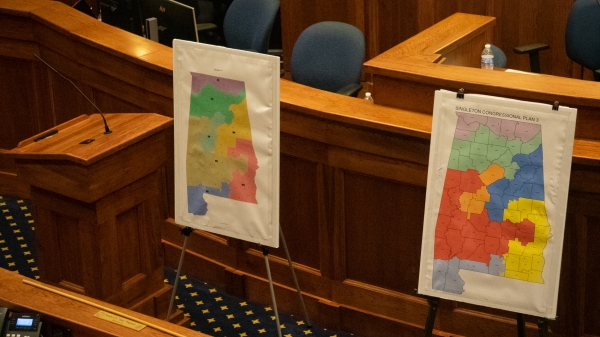By Samuel Mattison
Alabama Political Reporter
A Supreme Court decision that could affect Alabama started hearing arguments today in Washington.
Gill v. Whitford involves Wisconsin’s state Legislative districts, which some have considered to be extremely partisan.
The New York Times and other national outlets reported that justices on the Supreme Court of the United States were hesitant to make any real decision in the case. Newly-appointed Associate Justice Neil Gorsuch said he didn’t think a formula could be made to combat partisan redistricting.
Depending on the ruling, the decision could have national impacts and would probably affect Alabama’s Legislature district due to its controversial borders.
The case is currently in oral arguments.
Alabama has its own redistricting issues with the Alabama Legislature.
In 2012, the Alabama Legislative Black Caucus brought a case against the state of Alabama over what it called partisan districts. The case went to the Supreme Court, which decided to not overrule but vacate the lower court’s decision.
During the spring, the Legislature dedicated many days to redistricting bills that floated in the Statehouse. The redistricting bills were a result of a federal judge’s ruling in January, which said Alabama’s state districts were unconstitutional.
The Democrats in the House and Senate argued that the districts were drawn unfairly to benefit Republicans.
The disagreement blew up when a “racist email” sent by a Republican state representative threw the House into disarray in the final week of the Legislature.
The incident was used by some Democratic leaders to justify delay tactics in the final days of the session, and Democratic leaders told reporters at a press conference that they would slow everything “to a crawl.”
One delay tactic led the House to read the entire 252-page Alabama Senate redistricting bill word-for-word. This took about 8 hours to complete. A similar tactic was used in the Senate to read the House redistricting bill, but that one took significantly longer, about 15 hours, to read.
It would not be until after the redistricting bills were read, that an uneasy peace was brokered between the two political parties. While the redistricting bills passed the Legislature, Democrats vowed to take it to court.




















































